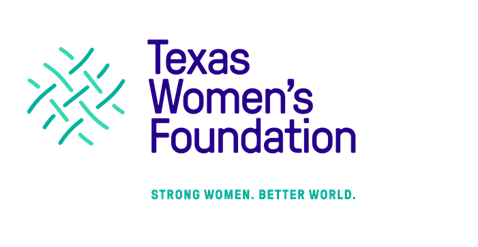As the COVID-19 pandemic continues, many are being asked to stay home to keep themselves safe. However, staying home may not be safe for many women who experience domestic violence. Women make up the majority of domestic violence survivors and access to stable and affordable housing options are key to helping survivors seek safety and avoid homelessness.
The Texas Council on Family Violence recently found the highest unmet need for survivors was housing. It is no surprise that in a state as large as Texas access to housing services for domestic violence survivors varies greatly across urban and rural areas. Two key types of housing support for domestic violence victims are transitional housing and rapid re-housing programs. Transitional housing provides a rental unit or rental assistance with supportive services provided by an expert in the dynamics of domestic violence for up to two years. Rapid re-housing is similar, but is typically short-to-medium term in length. Unfortunately, the demand for services often exceeds the supply. Forty-seven percent of family violence agencies with transitional housing services have six or more survivors on their waitlist or who are turned away for housing every month. For rapid re-housing programs, 55 percent of agencies use a waitlist or turn away six or more survivors every month. This increases the likelihood of homelessness or of women being forced to return to violent situations (https://txwfecoissues.org/). Ninety percent of survivors who seek family violence services will experience homelessness as a result of fleeing an abusive relationship at least once. Almost half will be homeless two or more times.
Many tenants are not aware that the Violence Against Women Act provides some protections to domestic violence survivors living in federally-assisted housing programs. To learn more about these rights and to share them with others who might be in need, please visit www.thehotline.org/resources/vawa. For resources and information or to get help, please visit The National Domestic Violence Hotline website at www.thehotline.org, or call 1-800-799-7233.
We invite you, our Army of Advocates, to share this information on your social media networks and with others because access to safe, stable and affordable housing should not be an obstacle for domestic violence survivors. Thank you for being a part of Texas Women’s Foundation’s Army of Advocates and for joining us in the movement of building a Texas for All.

